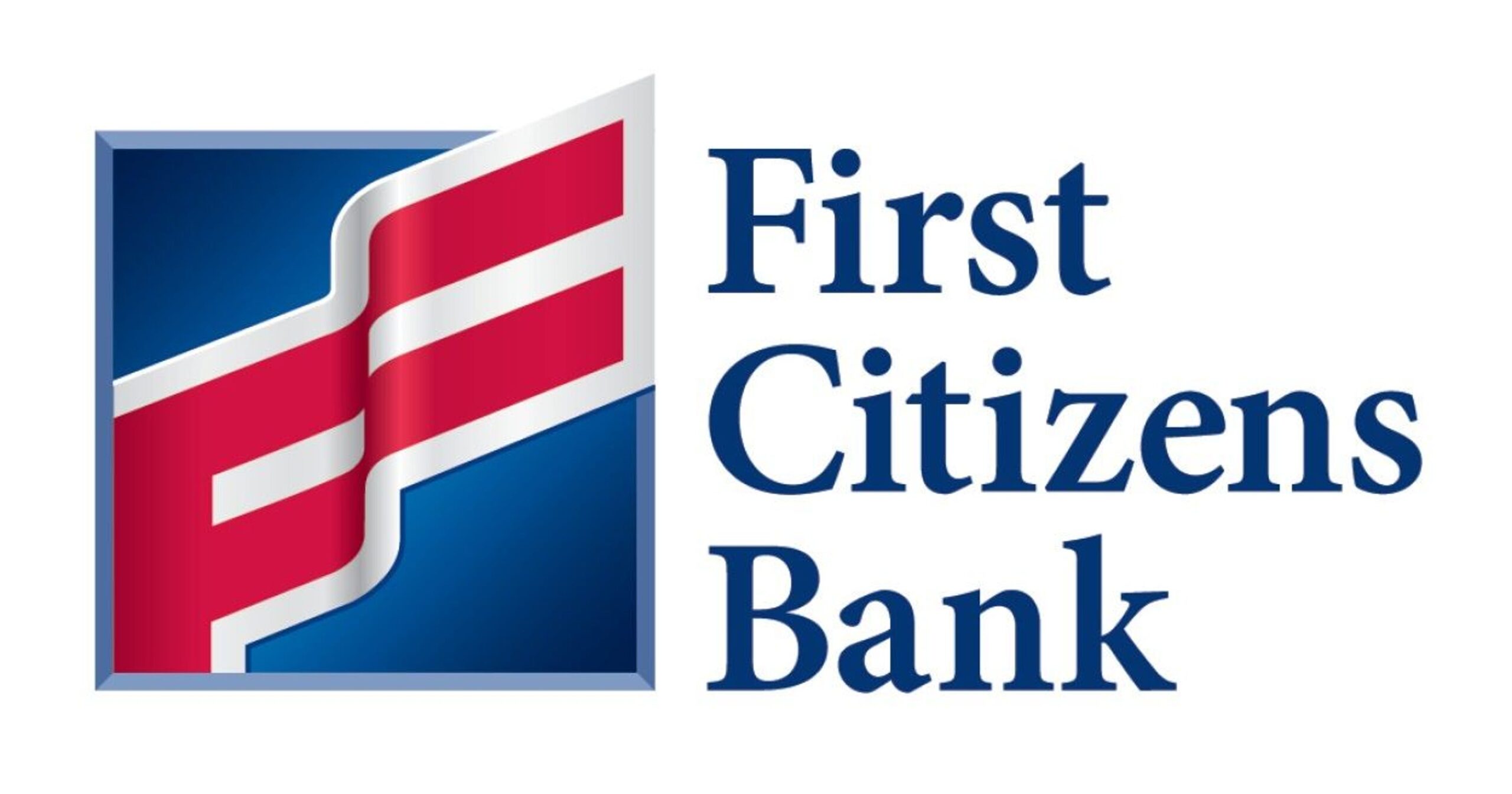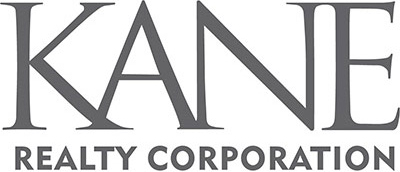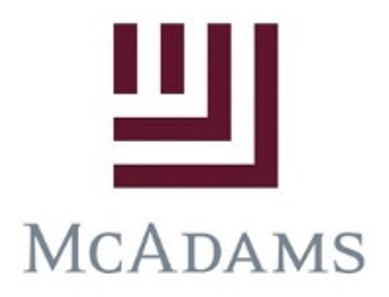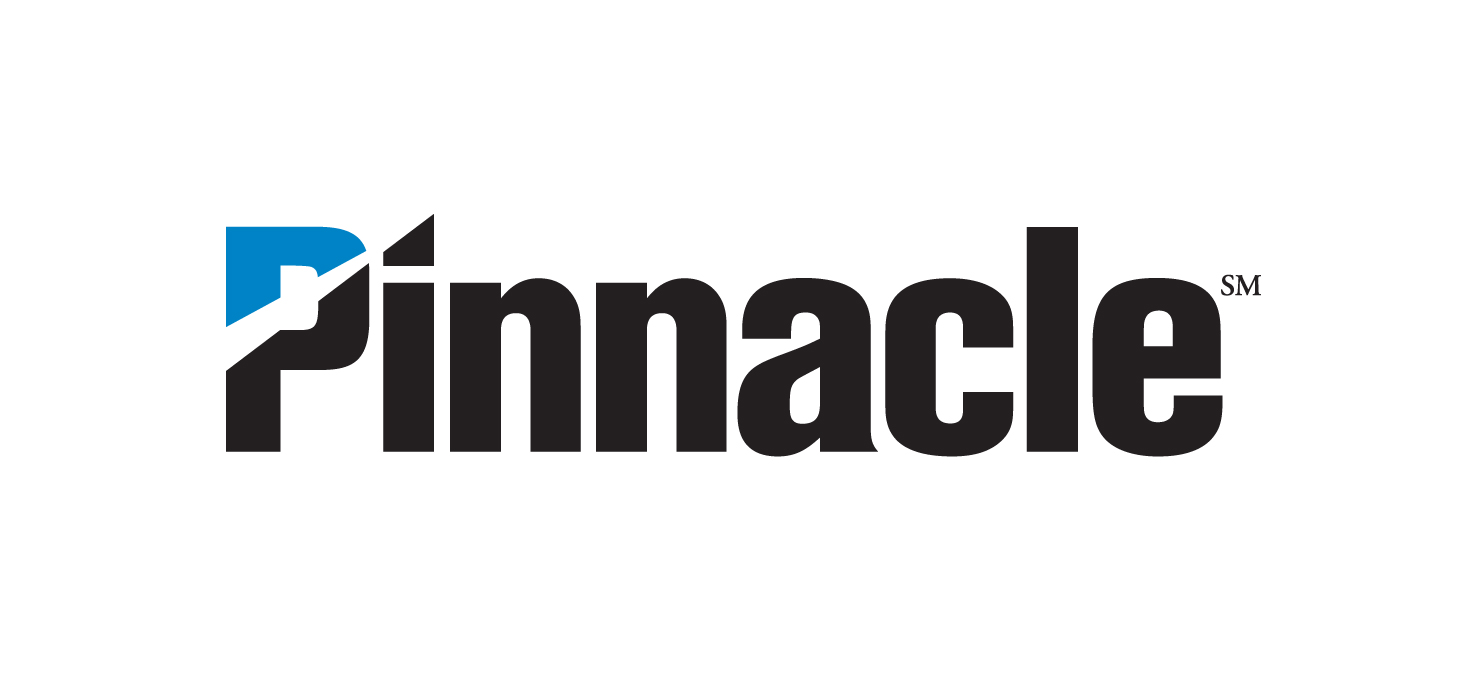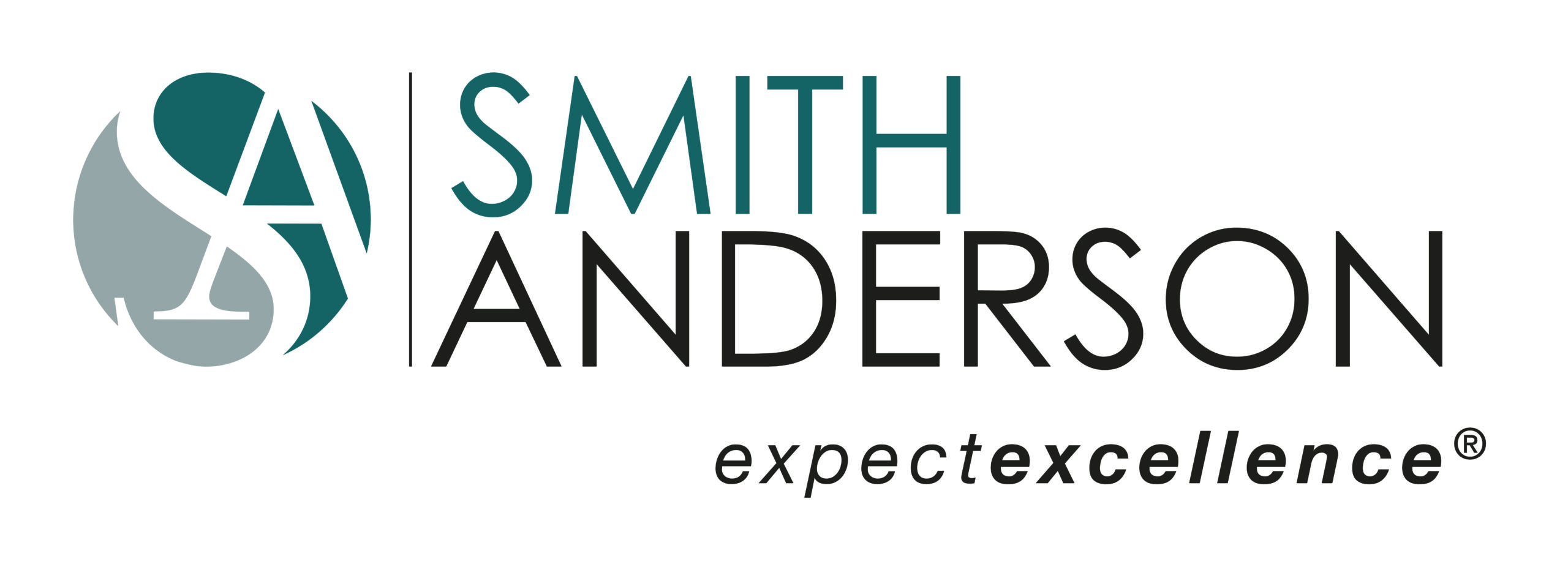2021 State of Mobility — letter to RTA members
- January 28, 2021
- Posted by: Joe Milazzo II
- Category: Blog
RTA members,
Thank you for your ongoing investment in regional business leadership through RTA.
Now that we have entered the new year, it is clear that the emerging “next normal” environment will continue to be challenging. Fortunately, the RTA business coalition has a track record over the past two decades of rising to the occasion, and I am confident that 2021 will be no different.
The following letter provides my sense of the current landscape, and where I believe our organization can make an impact in 2021.
I welcome your thoughts, feedback, and guidance, as always.
Joe
The State of Mobility 2021 – Letter to RTA members
Summary: We are well positioned, and new opportunities have emerged, but we need to maintain an appropriate sense of urgency.
2020 was a very successful year for RTA under the leadership of chair Maeve Gardner with GlaxoSmithKline. We are beginning the new year in an ideal spot, with a track record of recent successes and ongoing momentum for several key initiatives.
As we enter 2021, the regional business community is well-positioned to advance and support several policy areas and initiatives under the leadership of chair-elect Mike Schoenfeld with Duke University, our 2021 focus area chairs, and the entire RTA Leadership Team.
- RDU and air service will continue to be our top priority, even amidst the obvious and significant decline in business travel. Here is why: The RDU infrastructure funding model was challenging when growth was far outpacing travel-related revenue streams (i.e., prior to March 1, 2020). Now that growth and travel has declined – but the costs to run an airport remain – a new revenue model will be needed, because our airport remains vital for connectivity and our economic future. Our RTA RDU AID task force 2.0 will focus on various revenue options given the “new normal” of aviation, and they will provide updated findings and recommendations presented at our annual breakfast on July 9.
- Highway funding at the state level will also be an immediate focus – and I believe it has implications for RDU. Both NCDOT and the NC Chamber have released reports with various funding recommendations or options to modernize transportation funding. We look forward to continued dialogue with those organizations and other key partners on a potential funding solution or package that is viable, fair, and resilient to future economic downturns, pandemics, and the like. The RTA will continue to push for inclusion of a vehicle registration-based, “access fee” approach as one that is simple to implement and certainly resilient to drops in travel.
- We recognize that important projects across all modes continue to take too long to implement, largely but not completely due to lack of funding. This is unacceptable for a host of reasons, including the needs of people today, the challenges of the economy, the seemingly constant changes in politics and policy, and so on. We need to find ways to get more funding, or current funding accelerated – but we also need to rethink some projects and prioritization, particularly given funding limitations as well as the uncertainty about work-from-home implications on peak period travel. Therefore…
- When you hear RTA mention our three advocacy themes for 2021 of “equity, recovery, and opportunity”, know that “accelerate”, “flexibility”, and “pilot” are probably lurking close-by. As we noted in November during our annual meeting, we have purposefully shifted over the past few years from a commuting to work focus to a broader, all-day, all people emphasis. This means taking a careful look at opportunities to accelerate enhanced regional transit, in all forms, from bus rapid transit and extensions, to a zero fare weekends pilot, to the commuter rail study. It also means leveraging our existing and emerging roadway networks into multimodal freeways and streets, as we have emphasized with the FAST study. It also means pushing for more ways to potentially repurpose roadway space, perhaps by time-of-day. The success of America’s first Dynamic Left Turn intersection in Cary gives us both the momentum and confidence to try more ideas and pilots that can provide relief, and results, sooner.
- 540 is moving towards full completion – thanks to a host of partners – and we need to think about what is next. Southern Wake 540 will be open in less than three years; Eastern Wake 540 may be under construction by that time. I believe there may be other opportunities to leverage tolling, even on a short-term basis, to accelerate needed multimodal roadway infrastructure here.
RTA will continue to look for areas of both strength and opportunity – and we will respond appropriately, and decisively, when they emerge. We will also keep an eye on what other markets are doing: We don’t have a monopoly on good ideas, and we will seek to learn from both successes and lessons elsewhere – not necessarily to duplicate their efforts, but to inform and accelerate our thinking.
* * *
RTA has advanced the cause of mobility on behalf of the business community for nearly 20 years. We remain committed to helping our members make sense of the landscape in this new year, and I am confident that RTA volunteers, staff, and partners will deliver results that RTA members and this region expect and rely on.
I thank you for your ongoing membership, leadership, and friendship. Here’s to a prosperous and successful 2021 – together.
Let’s get moving,
Joe Milazzo II, PE
RTA Executive Director
RTA is the voice of the regional business community on transportation






